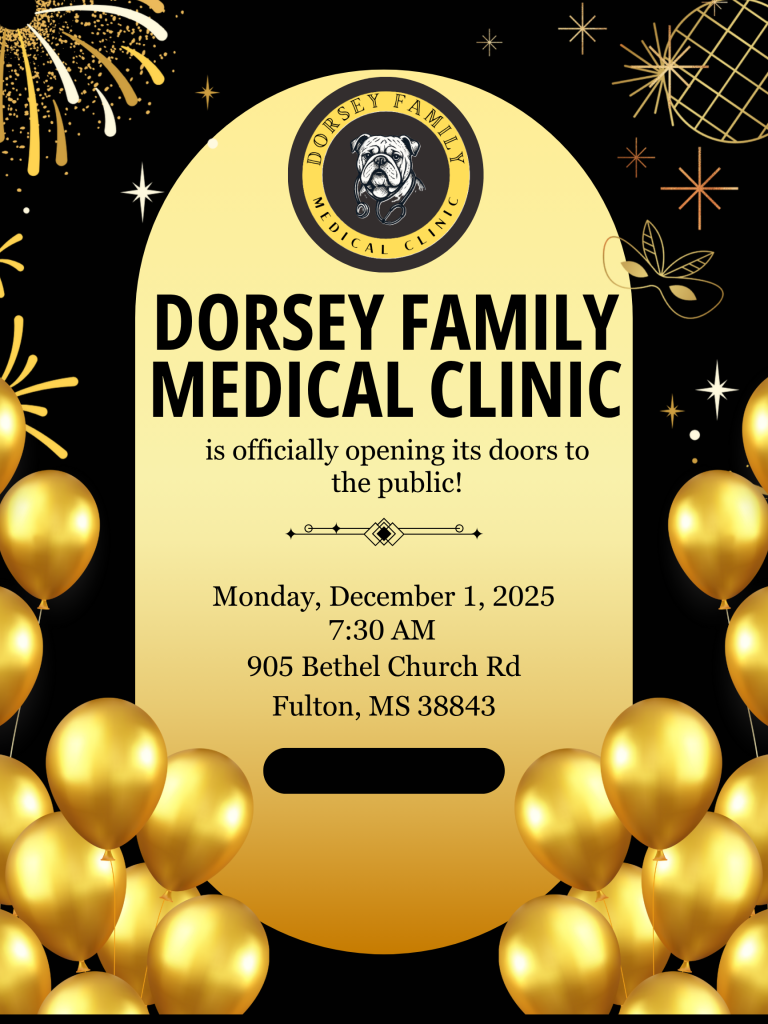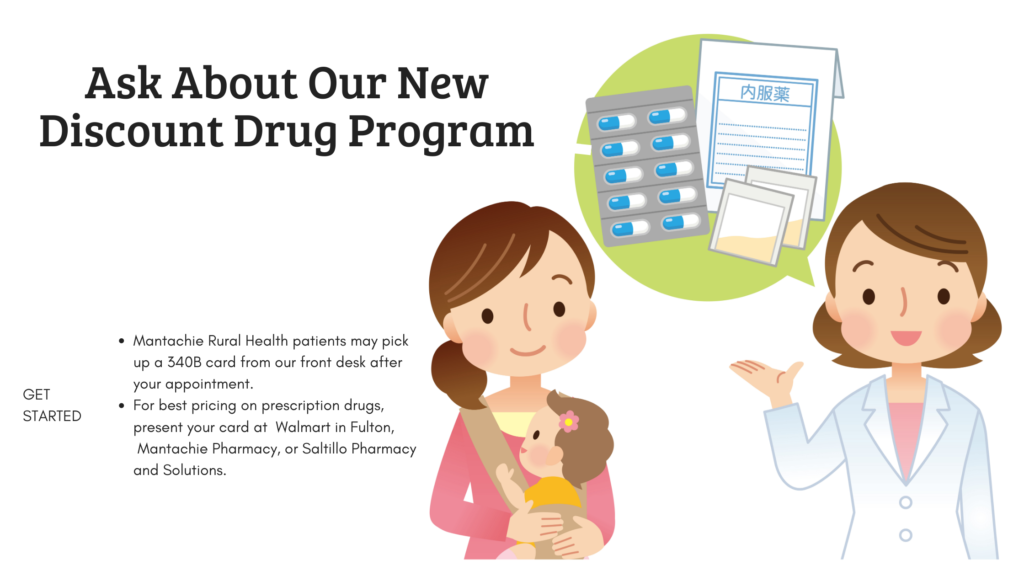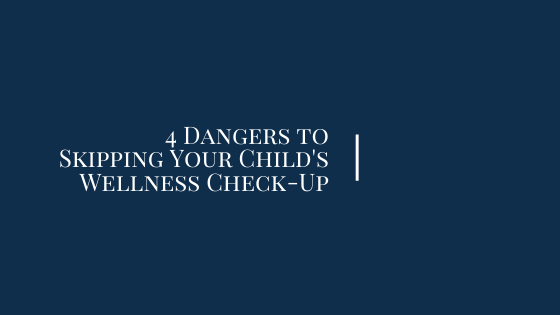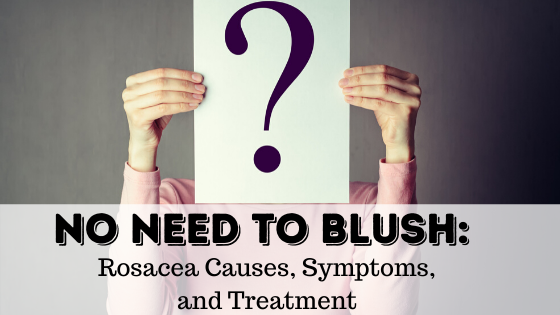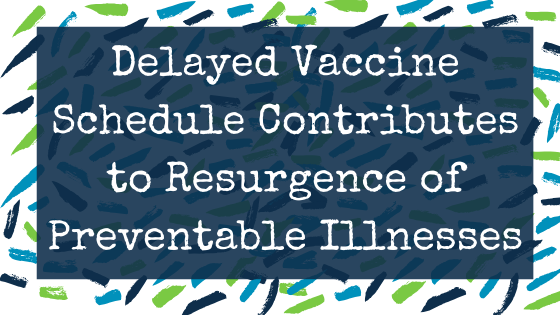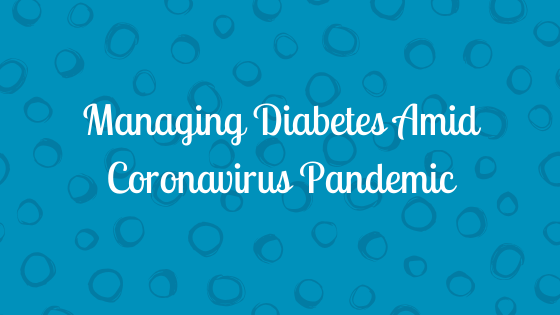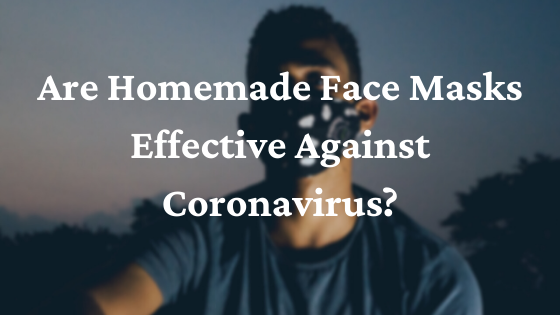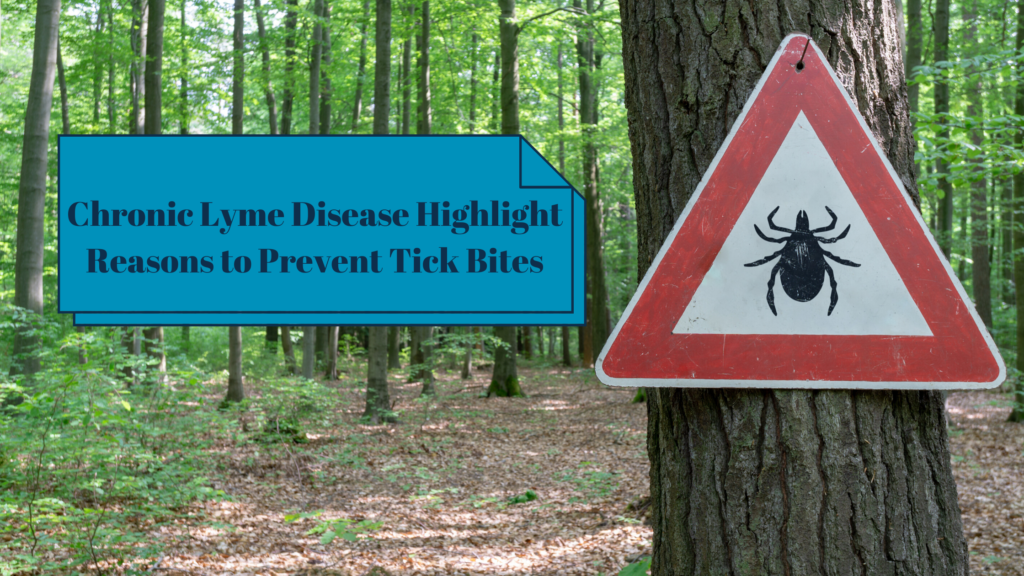
We’re all happy to see some sunshine and spend some time outside. As we’re recovering from quarantine and continue to practice social distancing, outdoor activities have become even more important this summer. A lot of focus continues to remain on the coronavirus, but that doesn’t mean other diseases have taken a backseat. Now it’s time for your yearly reminder to beware of tick bites which can cause Lyme disease and Rocky Mountain Spotted Fever.
Deer ticks, particularly prevalent in our neck of the woods, are the culprit for Lyme disease. Lyme can be easily treated if caught early, but some patients may suffer long-term consequences of the illness especially if it’s not caught early.
Initial Symptoms
After removing a tick, many people will notice a small, red bump similar to a mosquito bite. This skin irritation is normal and nothing to be concerned about. Complications from that tick bite develop anytime from 3 to 30 after the bite. The most common sign of Lyme disease is a bulls-eye rash at the site of the bite. It expands over the course of several days and may reach 12” in diameter. The rash isn’t painful or itchy.
Not every case of Lyme disease includes this tell-tale rash. If you do not have the rash, but have the following symptoms it’s time to see your doctor:
- Fever
- Chills
- Fatigue
- Body aches
- Headache
- Neck stiffness
- Swollen lymph nodes
Although many of these symptoms are similar to the Coronavirus, one noticeable difference is Lyme disease does not cause respiratory problems while COVID-19 does.
Antibiotics are the recommended treatment for Lyme disease. Most patients who receive treatment recover with no additional complications.
Chronic Lyme Disease
Even if you have symptoms that disappear without a doctor’s visit, you need to visit your provider if you’ve had a tick bite or been in wooded or grassy areas where ticks like to gather. You may have had a tick bite that you weren’t aware of. Untreated Lyme disease can spread throughout your body and cause long-term health problems. Medical professionals estimate 10-20% of people who receive adequate treatment for Lyme disease continue to have symptoms for weeks, months, and sometimes years after the infection.
Chronic Lyme Disease symptoms include:
- fatigue
- restless sleep
- pain
- aching joints or muscles
- pain or swelling in the knees, shoulders, elbows, and other large joints
- decreased short-term memory or ability to concentrate
- speech problems
Because these symptoms overlap with many other illnesses, people with chronic Lyme disease are often misdiagnosed. That’s why it’s important to tell your doctor if you’ve experienced a tick bite, even if you don’t have the bulls-eye rash afterward.
Some doctors believe Lyme disease triggers an autoimmune response in some patients which causes additional damage to their body and allows the symptoms to linger.
We currently do not have a specific test or treatment for chronic Lyme disease. That’s the bad news. In good news, your doctor can work with you to get a diagnosis and treat your symptoms. Your doctor may do antibody tests and prescribe medications to treat your symptoms.
Prevention
The best way to prevent Lyme disease is to avoid deer ticks’ natural habitats like wooded areas and tall grassy areas. But let’s be real. We live in Mississippi. We know camping, fishing, and hunting are our favorite pastimes. With the closure of many indoor activities this summer, the great outdoors will be even more enticing. You can take steps to protect yourself while you enjoy nature.
- Cover up with long pants and long sleeves when you’re in wooded, grassy areas.
- Stick to trails and avoid tall grassy areas.
- Keep your dog on a leash.
- Apply insect repellent with 20% or higher DEET concentration.
- Tick proof your yard by mowing regularly and stacking wood in dry, sunny areas.
- Check your clothing, yourself, your kids, and your pets for ticks after being outside, especially if you’ve been camping, fishing, hiking, or hunting.
- Remove any tick as soon as you find it. A tick must be attached for 36-48 hours in order to transmit Lyme disease.
- Don’t assume you are immuned because you had Lyme disease once. You can be re-infected.
If you’ve experienced a tick bite or have any symptoms of Lyme disease, please contact our office for an appointment with one of our providers.
